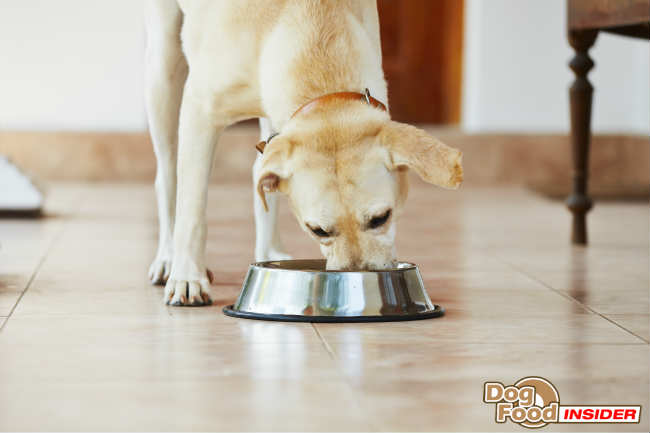Although no one wants to, miscarriage is a common occurrence in pets. A dog’s miscarriage if not properly cared for can have serious health consequences. Today’s article Pety will learn about the causes of dog miscarriage and how to take care of the dog at this stage so that the baby can recover quickly.
When does dog miscarriage happen?
Miscarriage refers to the death of the fetus during the cycle, which can happen at any time while the mother dog is pregnant. The most recognizable sign of a dog’s miscarriage with the naked eye in dogs is abnormal vaginal bleeding. When you see a pet with this condition, it is likely that your dog has had a miscarriage. If you pay attention to your dog, you may notice unusual signs when the dog has a miscarriage such as the mother dog being sluggish, tired, eating poorly or refusing to eat, the dog’s body temperature rises suddenly, vomiting occurs. … If you notice anything unusual while your dog is pregnant, it is best to take your baby to the veterinarian to determine the cause, find the best treatment for your puppy.

Causes of dog miscarriage
There are puppies that are able to go through pregnancy and give birth to healthy babies. But there are also cases of pregnant dogs but miscarriages for unknown reasons. There are several common causes of a dog miscarriage.
-
Abnormal growth of the uterus: It can be due to congenital or trauma, infectious diseases, chronic diseases affecting internal organs…
-
Infection with B Canis: This bacteria is very common in places where we keep pets, causing miscarriage or stillbirth and failure to conceive in dogs. The most characteristic manifestation is prolonged vaginal bleeding.
-
Neospora Caninum Infection: This is a parasite commonly found in dogs. This species can be transmitted when dogs drink contaminated water, eat food or eat contaminated animal meat.
-
Hormonal disorders: This causes the mating process to have abnormal signs, ovarian function disorders, dog castration often causes heavy bleeding in the uterus and causes stillbirth.
In addition to the above reasons, dogs can also have miscarriages due to incomplete development but mating right from the first heat, pregnancy but not being cared for in favorable conditions…
What to do when a dog has a miscarriage?
When detecting signs of a dog having a miscarriage, absolutely do not self-care at home, but need to take the dog to see a veterinarian. Usually when the dog has a miscarriage and the fetus has been pushed out with the blood, you can just take good care of the dog to recover. But there are still cases when the fetus is not pushed out, leading to infection or internal bleeding that will cause death for the dog. The most effective measure is to take the dog to the veterinarian for examination, tests and surgery if necessary.
How to take care of a miscarriage dog
Dogs after miscarriage are still very weak and have poor resistance. Even after surgery, your dog may still show signs of bleeding or vomiting. Therefore, you need to closely monitor to promptly handle if the dog’s health situation is more serious. You should supplement with vitamins and red meat to help your dog recover quickly. Refer to the nutrition pyramid for dogs with signs of miscarriage to adjust the appropriate diet for the baby. In addition, you also need to rearrange your dog’s place to make them more comfortable and comfortable. The dog’s body is still uncomfortable and sensitive at this time. Comforting and interacting with the dog is also essential. Not pregnant, dogs also love to be cuddled by you, let alone when there are health problems. Your attention and care not only helps the dog recover quickly, but it is also a mental reassurance for the dog.

Summary
Above are we share about the case of a dog having a miscarriage, its causes and how to properly care for it. Hope this information helps you. Read more pet blogs at Pety.